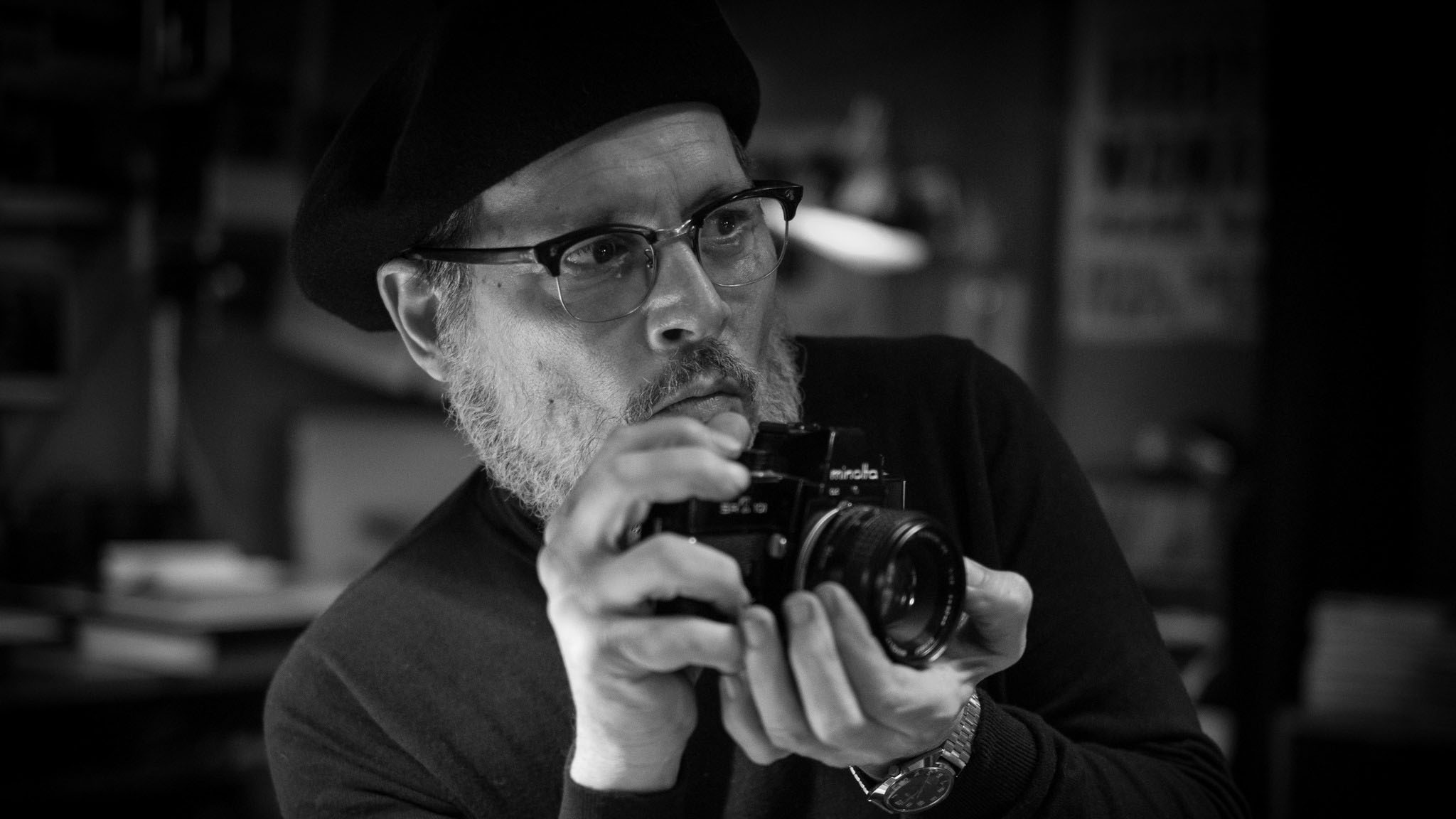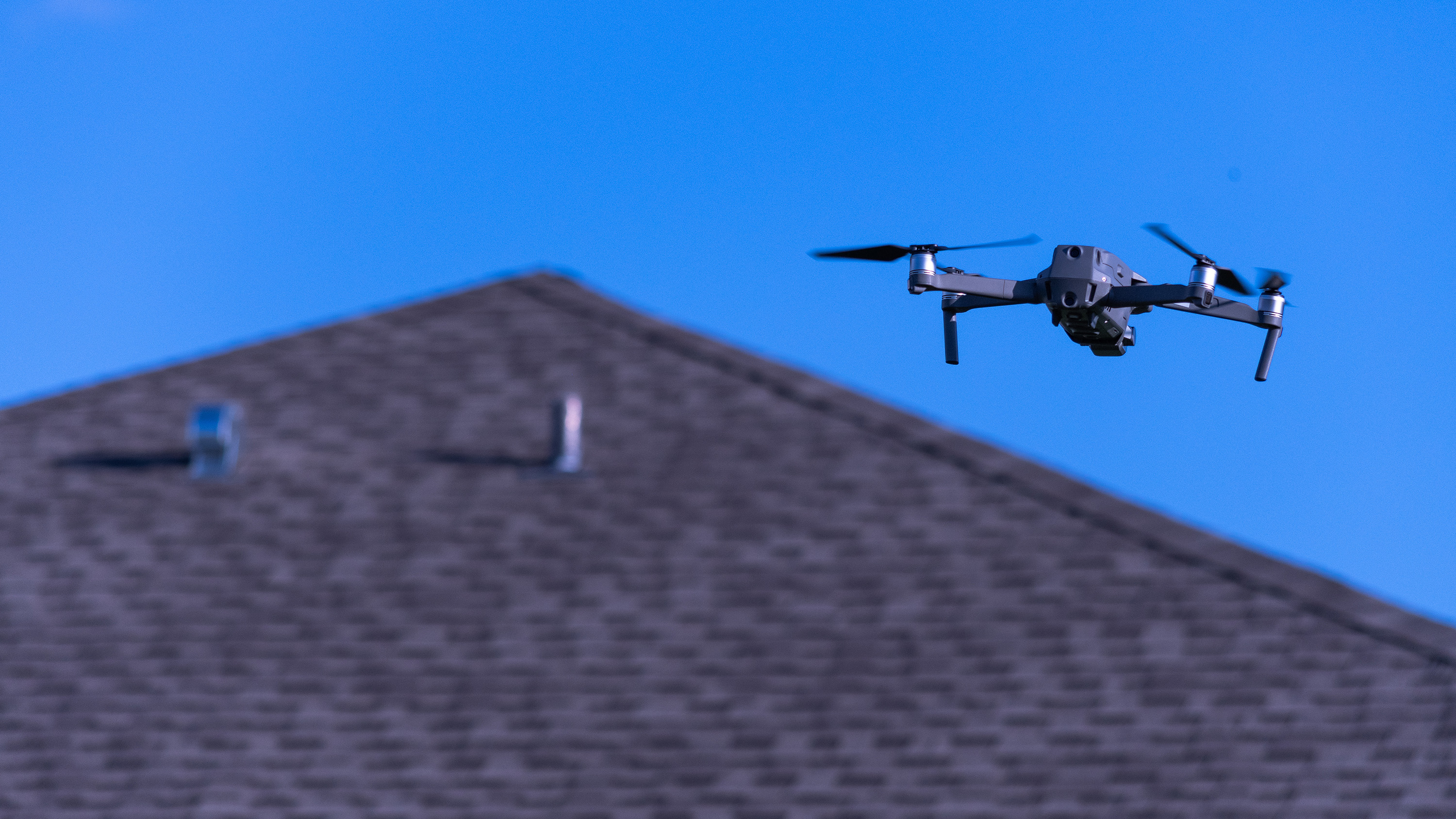Minimata, a film about Eugene Smith, has been 'buried' due to Johnny Depp scandal
Johnny Depp takes on the role of photojournalist Eugene Smith in Minimata – but MGM studios won't release it in the US

In Johnny Depp’s latest film, Minimata, the Pirates of the Caribbean star takes on the role of W Eugene Smith – a famous American photojournalist who documented the effects of water poisoning on Japanese villagers in the Seventies. However, following the recent series of abuse accusations against Depp, film studio MGM has made the announcement that Minimata will not be released in the US.
The news comes as a massive blow not just to Depp, who feels "boycotted" by Hollywood, but to the other actors, director, producers, cinematographers and everyone else involved. Australian photojournalist Stephen Dupont has made his thoughts on MGM's decision to ban a US release very clear and has criticized MGM over censorship.
• Read more: Best movies about real photographers
Even if the allegations were true, I wouldn’t change my opinion, said Dupont in an interview with the World Socialist Web Site. "With Depp what we’re talking about is a marriage breakdown, something that lots of people go through all around the world, the only difference is that they're not celebrities.
"It's a sad state of censorship in a far too critical world where, god forbid, if you say or do anything the wrong way, or make a mistake, and you're crucified every which way. Let's get these things into perspective."
Minimata is a dramatization of what became Smith’s most important and recognizable body of work. In 1951, Chisso chemical company started dumping untreated wastewater into Minimata Bay on the West coast of Kyushu Island, Japan. Not long after, villagers started to notice cats getting ill and by 1956 humans were experiencing the same signs of poisoning.
Commissioned by Life Magazine, Smith arrived in 1971 to start documenting the human-made disaster alongside his assistant Takeshi Ishikawa (whom he later married). Despite only planning to stay for three months, the couple ended up staying for three years according to Magnum as they didn’t want to barge in on sensitive issues.
Get the Digital Camera World Newsletter
The best camera deals, reviews, product advice, and unmissable photography news, direct to your inbox!
Backed by The Eugene Smith Memorial Fund and The Minimata Foundation, the film shares the story of pain and grief faced by the marginalized Japanese community at the hands of a corporate giant. The fact that MGM refused to release the film in the US once again throws the victims into the shadows and takes away hope that their story would be known globally.
MGM claims it was concerned that the personal issues Depp has faced in regard to his marriage breakdown with actress Amber Heard would negatively reflect upon it. Not for one second were the victim's and families' thoughts and feelings considered when making the decision according to Andrew Levitas, director of Minimata.
Despite MGM banning the release of the film in the US, it is still available to watch in the UK and Australia on YouTube, Google Play, Apple TV and Amazon Prime. Smith's original photo essay is also accessible alongside his powerful imagery though you may have to pay a small fee to read the whole piece.
Read more:
Best TV shows about photography on Netflix, Amazon Prime and online
Top films about fictional photographers
Best novels about photography

Having studied Journalism and Public Relations at the University of the West of England Hannah developed a love for photography through a module on photojournalism. She specializes in Portrait, Fashion and lifestyle photography but has more recently branched out in the world of stylized product photography. Hannah spent three years working at Wex Photo Video as a Senior Sales Assistant, using her experience and knowledge of cameras to help people buy the equipment that is right for them. With eight years experience working with studio lighting, Hannah has run many successful workshops teaching people how to use different lighting setups.
